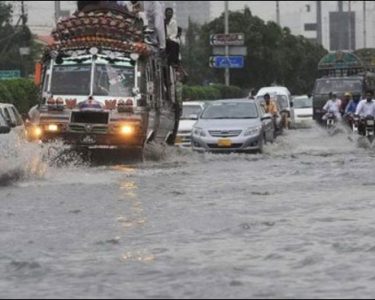Introduction
Recent climate change-related disasters and extreme weather events are significantly affecting economies worldwide, highlighting the severe economic impacts of global warming.
Economic Damage Estimates
Scientific evidence has shown that a 1°C rise in global temperatures previously led to a potential 3% loss in global GDP. However, new research from the National Bureau of Economic Research (NBER) indicates that this loss could peak at 12%. This suggests that moderate global warming could cause economic damage comparable to that of a major domestic conflict. Climate change now presents direct and indirect risks to economies, complicating modern economic dynamics.
Impact on Productivity
Temperature increases lead to capital depreciation and reduced labor productivity, which in turn lowers total factor productivity (TFP). This impact is not uniform across countries and varies based on their development, institutional quality, and economic structure. Low-income countries, in particular, face heightened challenges due to their carbon-intensive economies and high costs of transition to low-carbon systems.
Challenges for Low-Income Countries
Low-income nations often focus on economic growth to address socioeconomic issues, sometimes at the expense of climate adaptation and mitigation. This oversight can exacerbate their vulnerability to climate change, creating a cycle of slow growth and increased climate risks. These countries also encounter greater disruptions during the shift to decarbonisation due to their reliance on carbon-intensive industries.
Balancing Decarbonisation and Economic Growth
The global economy faces a dilemma: pursue decarbonisation to meet net-zero targets or focus on economic growth to create opportunities and alleviate poverty. Finding a balance is challenging, requiring careful economic management and innovative solutions tailored to local conditions.
Potential Solutions
Addressing climate-induced economic shocks involves context-specific strategies. Solutions should include:
- Expanding natural resource bases
- Reducing ecological and carbon footprints of industries
- Creating carbon sinks and using nature-based solutions for managing floods and urban heat
- Enhancing resilience in agriculture to prevent food shortages and inflation
- Investing in climate-compatible infrastructure and climate-friendly technologies
- Promoting renewable energy, particularly solar, in low-income countries
A well-balanced approach that integrates these strategies can help mitigate the adverse economic effects of climate change while supporting sustainable growth and development.
Conclusion
Climate change presents a complex challenge to global economies, particularly for low-income countries. Tailored strategies and prudent management are essential to address these challenges effectively.





